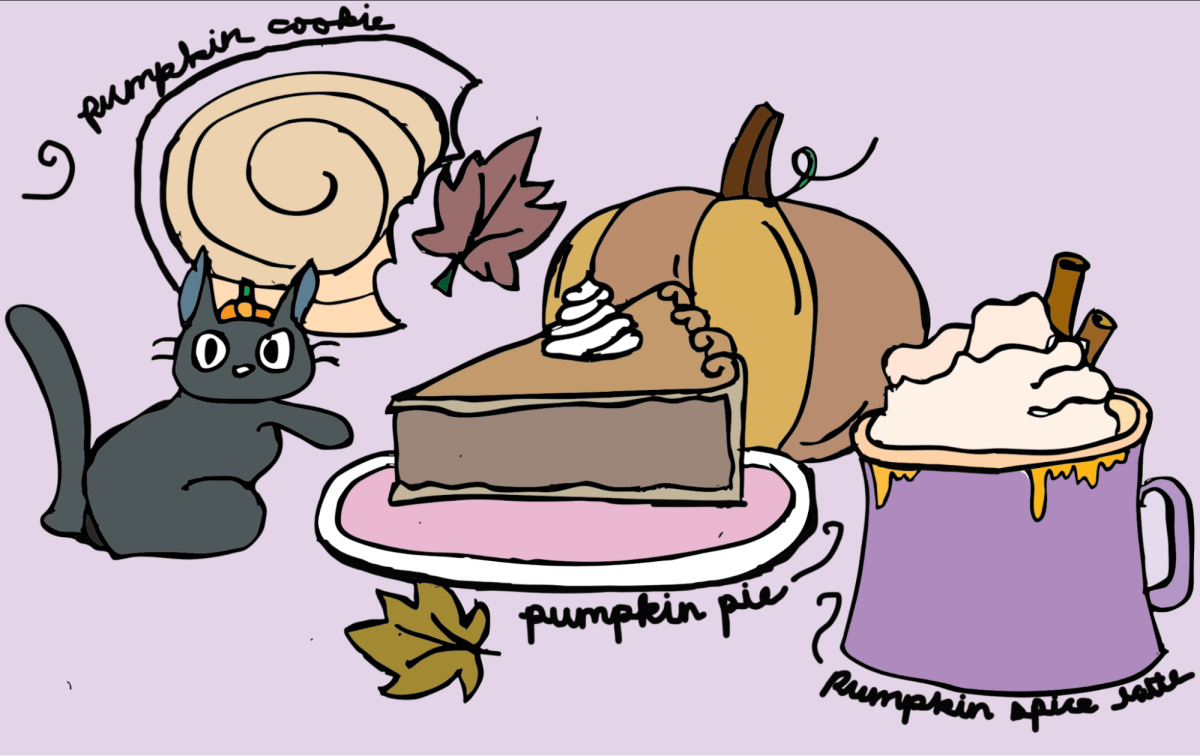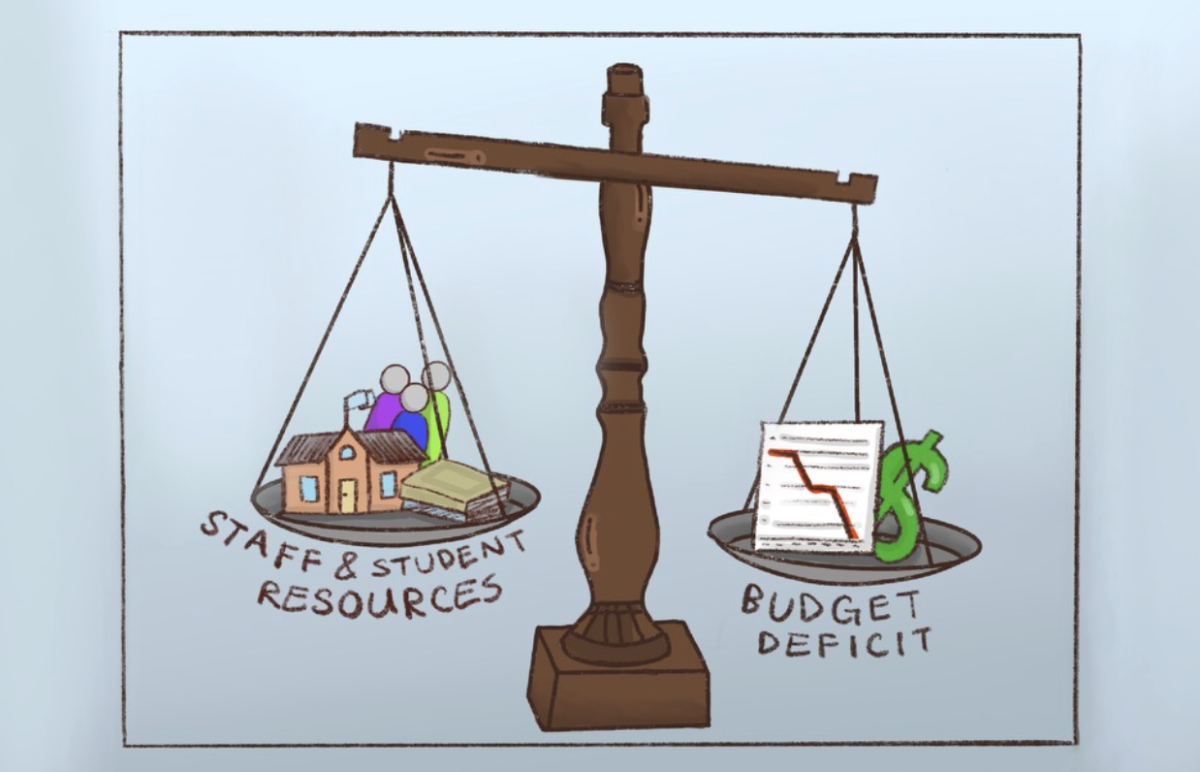Teeth Grinding and other Oral Habits
Have you ever wondered why your best friend in class can’t seem to stop biting her lower lip, or why you constantly grind your teeth together when you are worried? These behaviors are examples of oral habits. Oral habits are classified as motor tics, which are sudden movements of a particular group of muscles. According to the American Academy of Child and Adolescent Psychiatry, tics may result from stress, fatigue, boredom or anxiety. People with tics feel an urge to release the tension building up in their muscles, similar to feeling compelled to scratch an itch. Regardless of the problem, nervous habits can be brought under control.
To get rid of any oral habits you may have, you must first be conscious of when you perform the behavior. If you are fully aware, chances are that you will be able to stop it. If you find this to be rather difficult, try finding something that will keep you preoccupied. If you are deeply concentrated in an activity you enjoy, you will be less likely to experience boredom and anxiety. Finally, remember to always reward yourself for improvements you see in your habit. Treat yourself to something you enjoy, and train yourself so you eventually won’t need any rewards.
The next time before you take a test, quickly glance around at the other people sitting around you. Most likely, more than one person will be grinding their teeth, moving their tongue around in their mouth, or biting on their lips.









